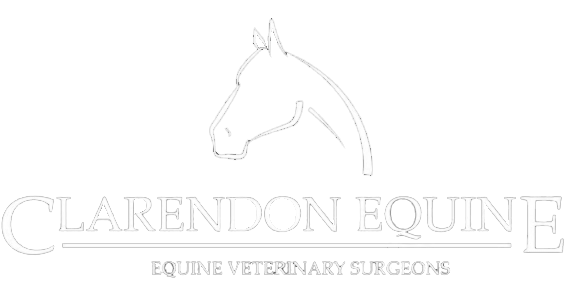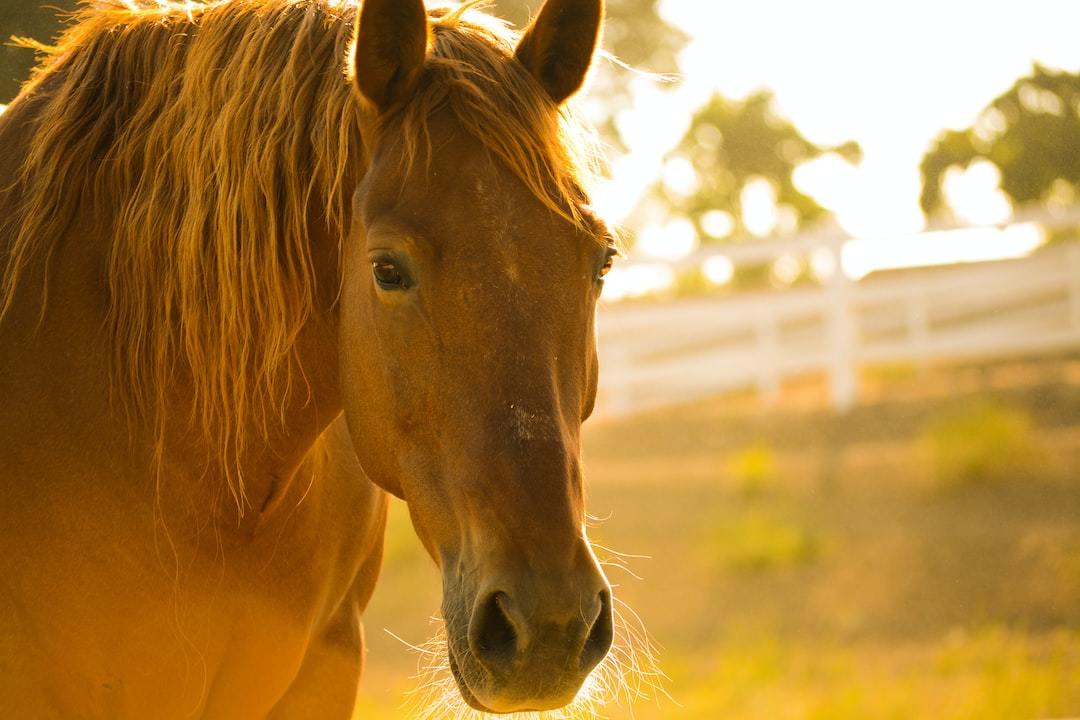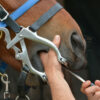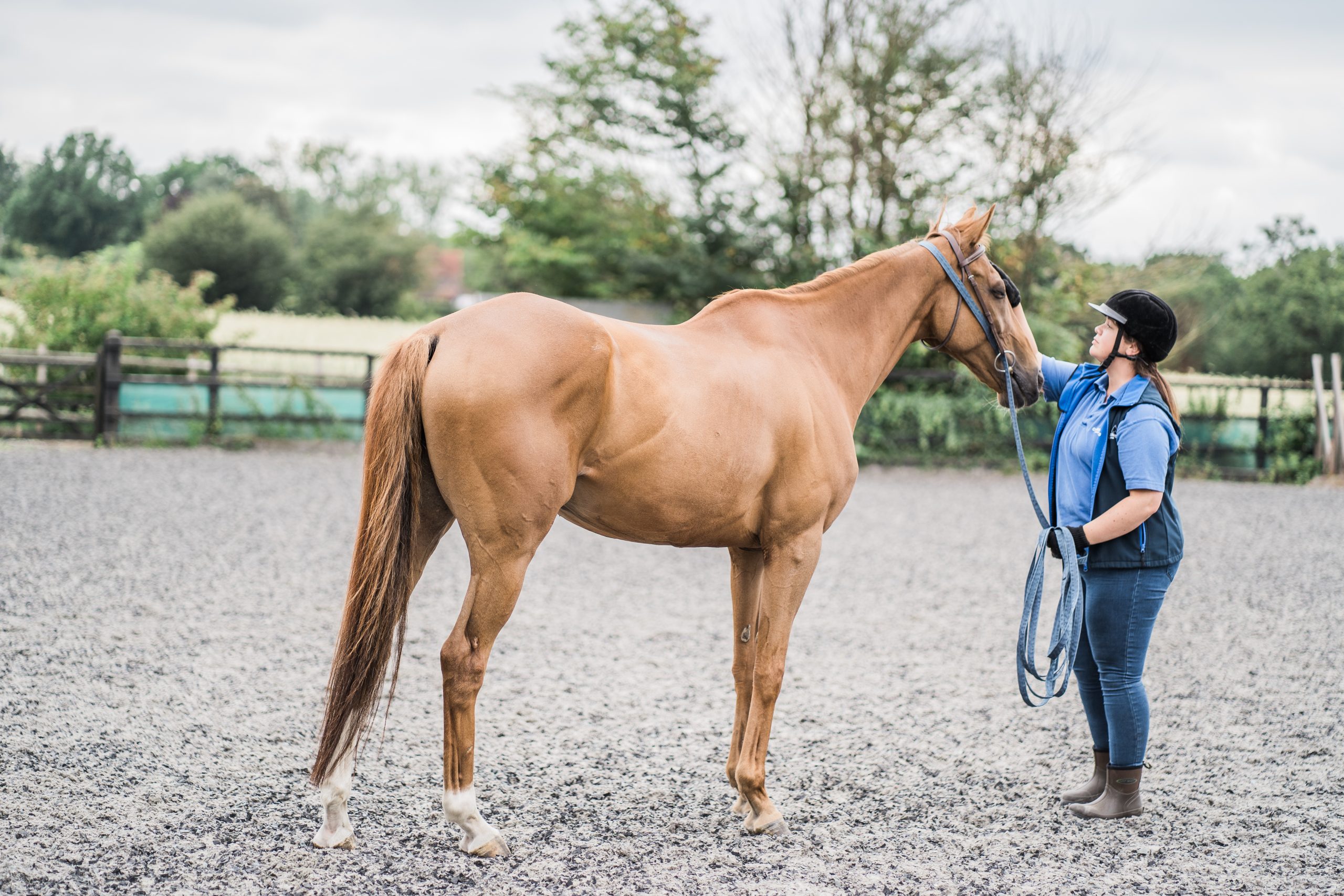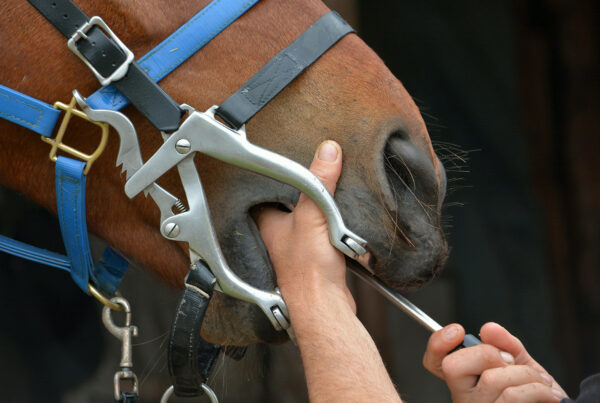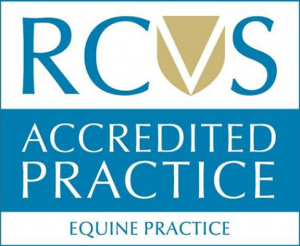Learn how to prevent common horse health problems, including skin conditions, respiratory issues, colic related issues, and how to provide proper care.
Keeping horses healthy is a major concern for owners, as even common issues can significantly impact these magnificent animals’ performance and general well-being.
In this blog post, we’ll delve into some common issues that may arise and provide valuable insights on how to address them effectively.
From skin conditions to respiratory challenges, understanding the symptoms and preventative measures is crucial for maintaining a healthy horse.
In addition, we’ll also explore the importance of routine veterinary visits and how effective grooming practices will keep your horse happy and healthy.
Skin Conditions in Horses
Did you know that skin conditions are among the most common health problems affecting horses?
Skin issues can cause significant discomfort and irritation.
In this section, we’ll discuss two prevalent skin conditions – rainscald and sweet itch– and their prevention and management techniques.
Preventing Rainscald
Rainscald, also known as rain rot, is a bacterial infection that affects a horse’s skin when it remains wet for lengthy periods.
To prevent rainscald, thoroughly clean your horse’s legs after work or time spent in the field. This simple practice will help keep their skin dry and healthy.
Managing Sweet Itch
Sweet itch is an allergic reaction caused by biting midges which leads to severe itching. A horse may rub itself raw, trying to relieve the itch. To manage sweet itch effectively, use fly repellents explicitly designed for horses and provide them with shelter during peak midge activity times.
Skin conditions in horses are preventable through regular cleaning and proper management of biting midges.
Respiratory Problems in Horses
Respiratory issues are a prevalent concern for horse owners, with various types of coughs being a primary indicator. It is crucial to identify the cause of the cough and provide appropriate treatment to avoid permanent damage.
Recognising Different Types of Horse Coughs
Horse coughs can be classified into three categories: dry, wet, and colic-related.
• Dry coughs usually result from irritation or allergies,
• Wet coughs may indicate an infection or respiratory problem.
• Colic-related coughing often accompanies other symptoms, such as abdominal pain, requiring immediate attention.
Importance of Timely Intervention for Respiratory Problems
Acting quickly at the start of any respiratory difficulty is essential to avoid long-term problems. Consult your vet promptly if you notice persistent or severe coughing in your horse. They will recommend diagnostic tests like endoscopy, which helps determine the underlying cause and formulate an effective treatment plan.
It is essential to take note of the signs and symptoms, as timely intervention can be critical. Caring for equine health necessitates implementing precautionary steps to minimise the possibility of colic events.
Colic-related Health Issues in Horses
Colic is a potentially life-threatening condition that affects horses’ digestive systems. Early detection and prompt veterinary attention are vital for minimising complications associated with colic episodes.
Signs and Symptoms Indicating Colic in Horses
Horse owners should be aware of the common signs of colic, such as pawing at the ground, rolling, sweating excessively, or showing changes in behaviour. Monitoring your horse’s vital signs, like heart rate and temperature, can also help detect any abnormalities early on.
Preventative Measures to Reduce the Risk of Colic Occurrences
• Maintain a Consistent Feeding Schedule: Ensure your horse has access to fresh water and quality hay throughout the day.
• Avoid Sudden Changes in Diet: Gradually introduce new feeds over several days to minimise stress on their digestive system.
• Promote Regular Exercise: Encourage movement by providing turnout time or engaging them in activities like hand walking or riding sessions.
Taking these steps will lower the chances of developing colic and contribute towards maintaining overall good health for your beloved equine companion.
Staying alert for any signs of colic and taking preventive steps is a must to guarantee the health and contentment of your horse.
With proper care being a vital factor in maintaining healthy horses, let us now look at how we can ensure that our equine friends stay fit and happy.
Maintaining Horse Health Through Proper Care
Providing the best care is essential for reducing the risk of common ailments affecting your horse’s well-being.
Regular check-ups, vaccinations, grooming routines, and maintaining clean living environments contribute significantly to ensuring good overall health.
The Importance of Routine Veterinary Visits
Routine veterinary visits are crucial in detecting potential issues early on and keeping your horse healthy. These appointments allow vets to monitor your horse’s condition, administer necessary vaccinations, and provide recommendations for any additional care needed.
Implementing Effective Grooming Practices
Grooming is vital in maintaining your horse’s skin and coat health while allowing you to spot any abnormalities or injuries. Effective grooming practices include regular brushing with appropriate tools, thorough cleaning after exercise or field time, and checking for signs of irritation or infection.
Conclusion
Equine caregivers must be aware of the numerous health difficulties afflicting horses.
Skin conditions such as rainscald and sweet itch require preventative measures, while respiratory problems and colic-related issues need timely intervention to prevent further complications.
Regular veterinary visits and effective grooming practices are essential for maintaining a healthy horse.
By understanding the signs and symptoms associated with these health issues, horse owners can take proactive steps towards preventing them from occurring or worsening.
With proper care and attention, horses can lead happy and healthy lives without health problems.
For treatment, advice, or help, call Clarendon Equine today and get the best veterinary care for your equine friend.
